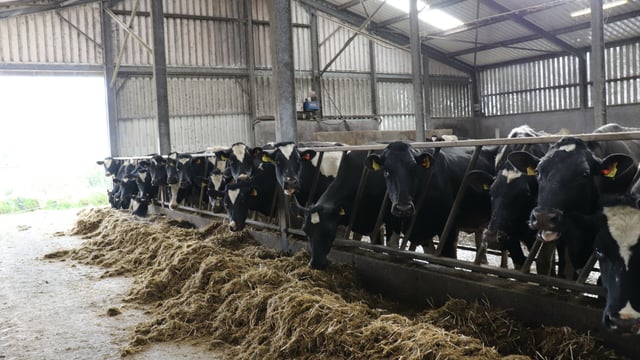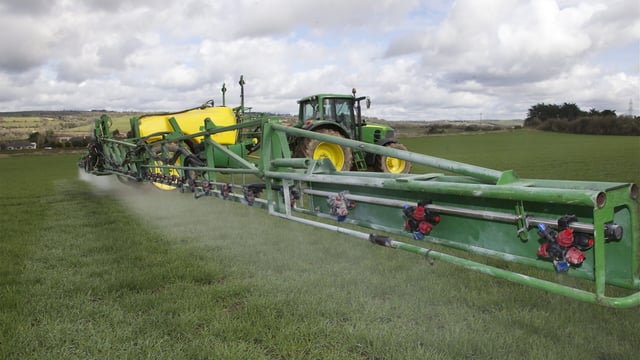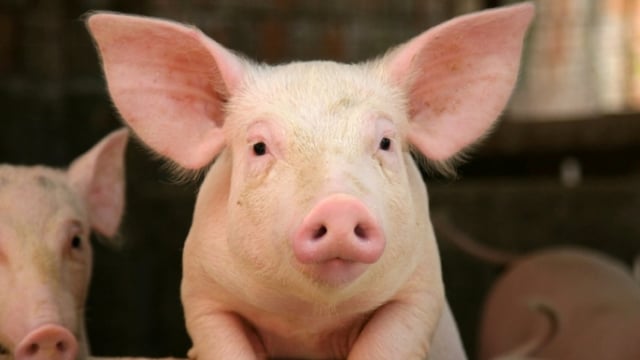FAO: Ukraine crisis could lead to malnutrition and higher food prices
The global number of undernourished people could increase by between eight and 13 million as a result of Russia's invasion of Ukraine, which could also lead to higher food prices, according to the Food and Agriculture Organisation (FAO) of the United Nations.
The organisation also estimates that international food and feed prices could be pushed up by 8-22% above their already elevated levels, if the sudden reduction in grain exports by Ukraine and Russia was not compensated fully by alternative origins.
In an information note published this month, the FAO presented the conclusions of an in-depth analysis which it carried out on the possible impacts of the ongoing conflict in Ukraine.
In an assessment of the humanitarian risks posed by Russia's invasion of Ukraine, the FAO noted that by constricting agricultural production, as well as limiting economic activity, there will be increases in the risk to food security and malnutrition.
According to the organisation, if the reduction in food exports from Ukraine and Russia is prolonged, it will result in strong upward pressure on international food prices to the detriment of economically vulnerable countries in particular.
FAO simulations estimate that shortfalls as a result of the sudden and steep reduction in grain exports from Ukraine and Russia, could only be compensated by alternative origins.
However, it noted that the capacity of these origins to boost output sufficiently, may be limited due to high input costs.
Fertiliser and higher food prices
According to the report, in 2021, the Russian Federation was the world's top exporter of nitrogen fertilisers.
It was the second-leading supplier of both potassic and phosphorus fertilisers and is also a key player in the energy market.
As the agricultural industry is an energy-intensive one, overall inputs in the sector are expected to rise continuously as outlined by the FAO.
It states that the higher prices of these inputs will first translate into higher production costs and eventually into higher food prices.
Not only this, but according to the report, lower input use may occur and lead to depressing yields and outputs in the 2022/23 season, further exacerbating the risk to global food security in the coming years.
Analysing production prospects, the FAO identified a number of risks. According to the report, while prospects for 2022/2023 winter crops were favourable in Ukraine, the current conflict may prevent farmers tending to their fields, harvesting and marketing their yields. It said:
The report also states that the yields of the crops that are planted and tended will likely be adversely affected.
While no major disruptions to crops in the ground in Russia are anticipated, the impact of economical sanctions placed on the country will affect the supply of food and other agricultural products from the country in the medium term, according to the FAO.











